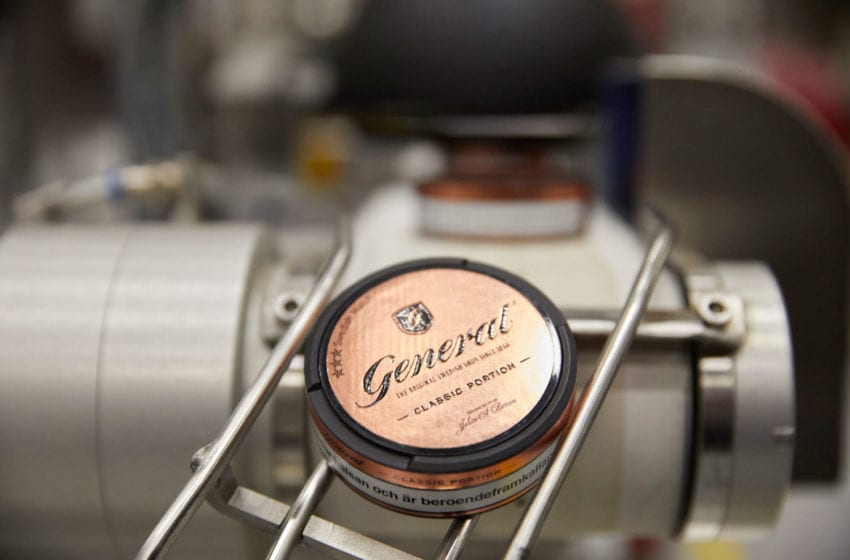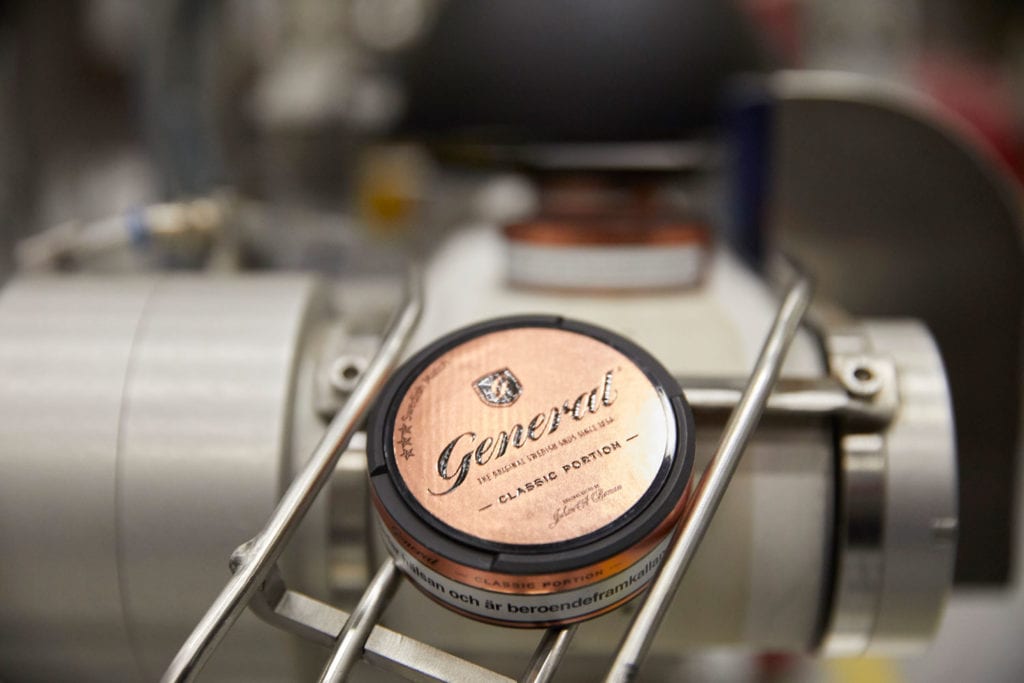MRTP for General Snus
- News This Week Other Tobacco Products Regulation
- October 22, 2019
- 0
- 2
- 4 minutes read


The U.S. Food and Drug Administration (FDA) has authorized Swedish Match U.S. division’s amended modified-risk tobacco product (MRTP) applications for eight varieties of General Snus, making it the first tobacco product to secure the modified-risk designation and right to market the product as a less harmful alternative to cigarettes.
“Today’s decision is a huge accomplishment for public health in the U.S. and another step toward realizing our vision of a world without cigarettes,” said Gerry Roerty, vice president and general counsel for Swedish Match.
“There are nearly 35 million adult smokers in the U.S., all of which have been led to believe the only way to reduce tobacco risk is complete abstinence. We now have the opportunity and responsibility to inform cigarette users who cannot abstain that General Snus can be a risk-reducing alternative. If that’s enough to make even a percentage of them switch, we’ve made progress.”
The modified-risk status classifies General Snus as a tobacco product that is sold or distributed for use to reduce harm or the risk of tobacco-related disease associated with commercially marketed tobacco products. The FDA also cleared Swedish Match’s claim that using General Snus instead of cigarettes puts users at a lower risk of mouth cancer, heart disease, lung cancer, stroke, emphysema and chronic bronchitis.
In a statement, Swedish Match said the authorized claim allows it to begin working to reduce misperceptions related to the risk of General Snus. According to the National Young Adult Health Survey, only 10 percent of respondents believed snus was less risky than cigarettes.
Snus has already been tied to progressing the reduction of cigarette use in other countries. In Sweden, widespread use of snus in place of cigarettes is believed to have helped the country achieve the lowest lung and oral cancer rates in men in Europe. In Norway, snus rates among young women increased to 13 percent since its legalization in 2002. Smoking rates among young women dropped from 30 percent in 2001 to 1 percent in almost the exact same time span.
In announcing the first-ever modified-risk orders for a tobacco product, the FDA said its decision does not mean General Snus is safe or “FDA approved.” Acting FDA Commissioner Ned Sharpless said, “While we are authorizing these specific modified-risk tobacco products, it’s important for the public to understand that all tobacco products—including these—pose risk.”
The market authorization is valid for five years and requires Swedish Match to conduct postmarket studies to determine the impact of MRTPs on consumer perception, behavior and health.
Bonnie Herzog of Wells Fargo Securities described the ability to make a modified-risk claim in tobacco/nicotine as a game changer—”not just from a consumer perception point of view but also in terms of potential tax favorability down the line since it’s logical that a tobacco product that is less harmful to public health should be taxed less onerously than a higher risk product,” she wrote.
“We view this as very good news for the broader tobacco/nicotine industry as it demonstrates the FDA’s commitment to a ‘continuum of risk’ strategy and provides a viable pathway/process for manufacturers,” she added.
